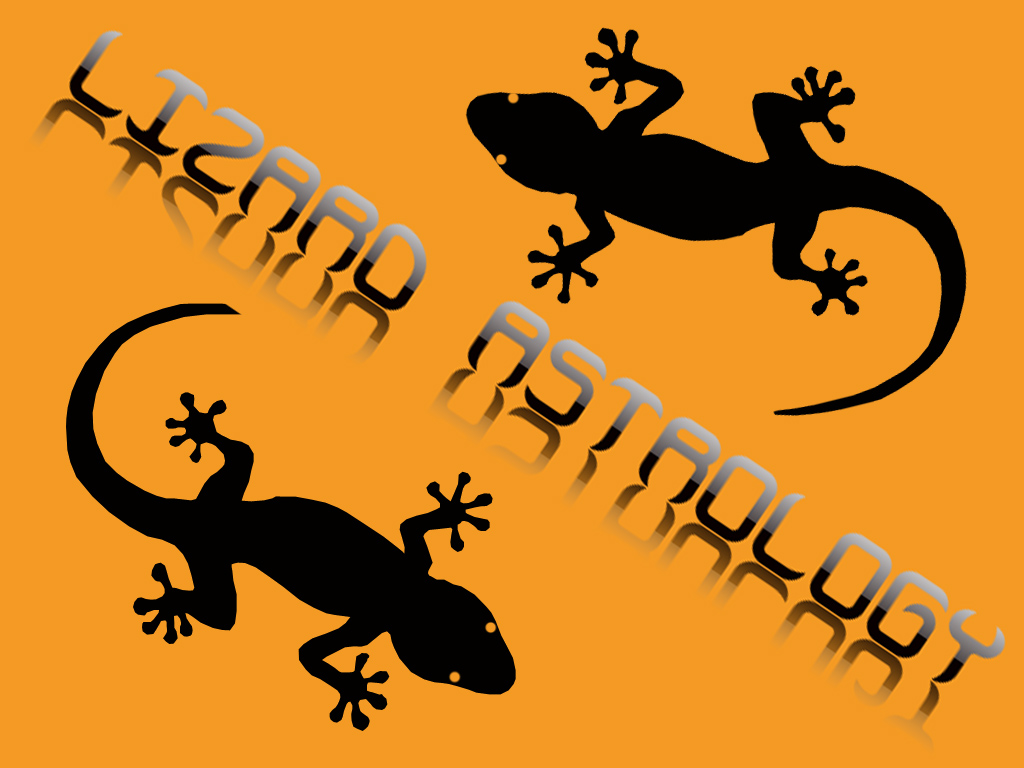PSYCHOLOGICAL ASTROLOGY
Astropsychology is the result of the cross –fertilization of
the fields of astrology with depth psychology, humanistic psychology and trans personal psychology. The horoscope is analyzed through the archetypes
within astrology to gain psychological insight in to an individual’s psyche.
Astrologer and psychotherapist Glenn Perry characterizes psychological
astrology as “both personality theory and a diagnostic tool”.
In many ways, astrology was the first psychology in that it
constituted an early means for understanding the nature of the human being.
Rooted in the premise that cosmos mirrors psyche’ the ancients systematically
observed how the nature and cycles of the planets corresponded to the nature
and experiences of human beings.
Ancient and medieval astrologers were preoccupied with so
called “good” and “bad” planetary positions-Malefic planets, evil aspects, debilitation's, falls, afflictions, and other such ominous categories of
meaning. While they were obviously aware that people were subject to a process
of aging that culminated in death, there was little or no concept of evolution,
that is, of the psycho-spiritual growth of the individual. Accordingly,
astrology was largely limited to superficial trait descriptions, fated events,
and dubious predictions of good and bad times for various enterprises.
By the latter half of the 20th century,
astrologers began incorporating psychological concepts in to their thinking.
Practitioners realized that they could benefit from the best of both worlds.
Following the lead of Dan Rudhyar, the field of humanistic astrology was born,
which triggered a resurrection of astrology in the late 60’s and 70’s. By the
end of the 20th century, innovators were exploring how Jungian, psychoanalytic, cognitive – behavioral, and various other models might
fruitfully be integrated in to a new hybrid –Astropsychology. This project is
ongoing.
While traditional astrology described how human behavior
correlated to planetary positions, these descriptions were limited to the
surface features of the personality. In contrast, psychological astrology
addresses the interior of the psyche, and does so in terms that are
significantly more detailed than its predecessors. For instance, it depicts how
astrological configurations symbolize basic functions, cognitive structures,
internal dialogs, intrapsychic conflict, unconscious complexes, defense
mechanisms, and personality disorders-concepts that did not even exist prior to
the 20th century.
Essentially, psychological astrology is a reformulation of
astrology in terms of psychological concepts and practices. Perhaps the
defining attribute of psychological approach is its focus on integrating the
birth chart and, thus, supporting the human potential for growth and change. Outside
of this one primary focus there is no single, uniform approach, although almost
by definition psychological astrology is trans-personally oriented.
In sum, psychological astrology is both a personality theory
and diagnostic tool. As a personality theory, it reveals how the structure and
dynamics of the psyche are mirrored in external conditions that provide a
stimulus to psycho-spiritual growth. And as a diagnostic tool, it provides
unparalleled insight in to the underlying, characterological issues that cause
distress and impairment. Perhaps the horoscope is best understood as an
unfolding story in which fate is altered by the development and unfoldment of
character.
Psychological astrology has been criticized for
conformation bias and astrology is widely considered a pseudoscience by the
scientific community. In psychology and cognitive science, conformation bias is
a tendency to search for or interpret new information in a way that confirms
one’s preconceptions and avoids information and interpretations that contradict
prior beliefs.




After years of battling COPD with little to no lasting relief, I turned to the herbal treatment from NaturePath Herbal Clinic—and it’s one of the best decisions I’ve made.
ReplyDeleteWithin just four months, I experienced noticeable improvements: easier breathing, reduced coughing, and a significant decrease in chest tightness. I'm now able to walk longer distances, sleep more soundly, and enjoy daily activities without constant fatigue or shortness of breath.
This treatment has genuinely transformed my quality of life. If you're seeking a natural and effective solution for COPD, I wholeheartedly recommend NaturePath Herbal Clinic.
Learn more: www.naturepathherbalclinic.com